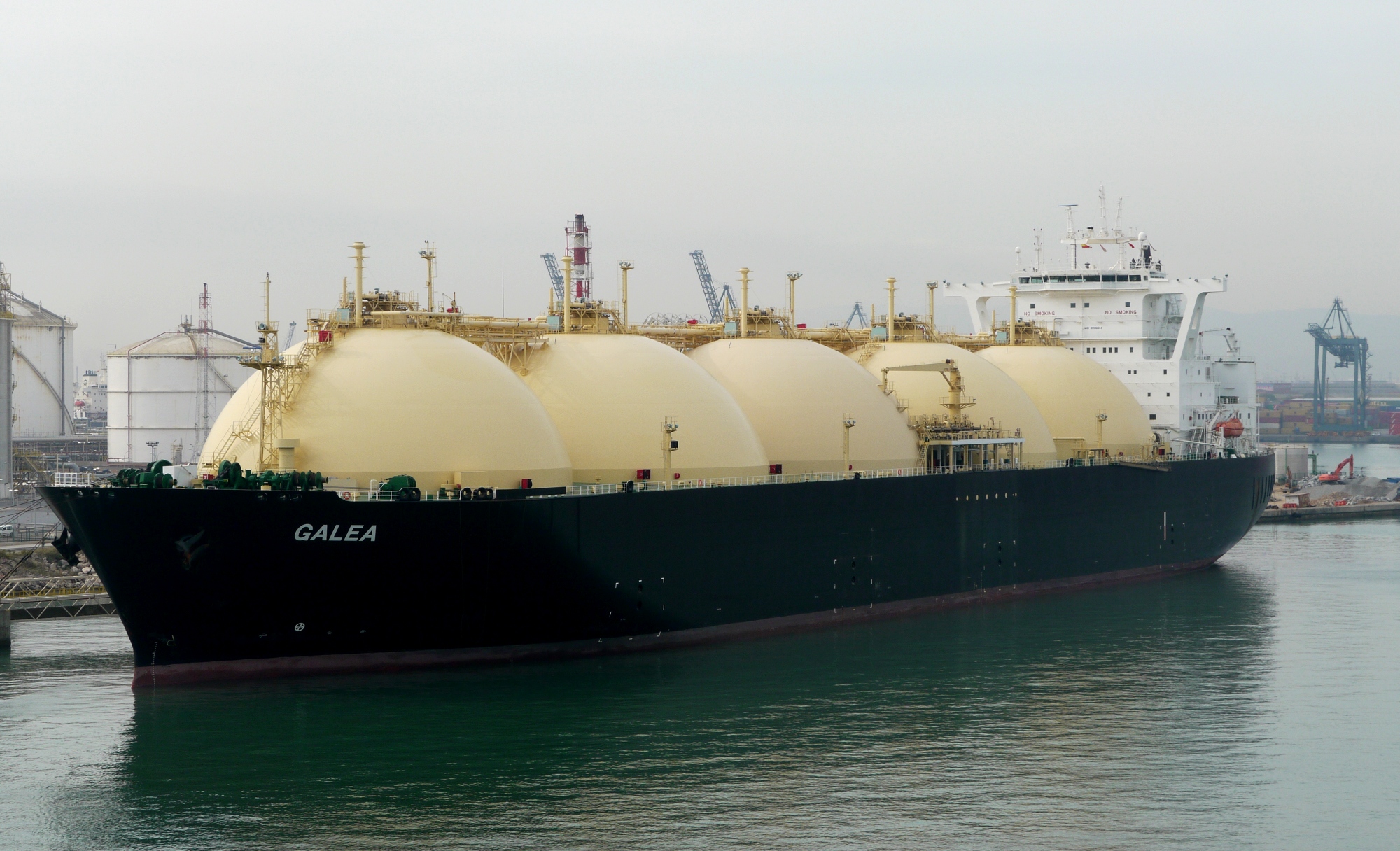Russian supplier Gazprom’s grip on European gas consumers weakened further this morning as US President Joe Biden confirmed to EU Commission head Ursula van der Leyen that America will lead efforts to supply a minimum of 15 billion cubic metres of LNG for the EU 27 this year.
Meanwhile, Germany pledged itself to become “virtually independent” of Putin’s oil by the end of this year, 2022.
Berlin’s ministry for the economy disclosed that it would cut its reliance on Russian oil by half by the end of the summer and “come close to ending its dependence” by the end of 2022.
On gas, economy minister and Green Party co-leader Robert Habeck said Germany would be “independent of Russian gas by all but a small portion” as soon as mid-2004. Documents from his Berlin ministry put that at around 10% of demand. Currently, Europe’s single largest economy currently depends on Russia for up to 35% of its gas.
Biden’s pledge today to the EU27 will substitute only 10% of the 155 billion cubic metres of gas which the bloc received over pipelines from Russia in 2021, per IEA estimates. Up to another 15 billion reaches the EU via Moscow’s LNG fleet.
The trade bloc, now minus Britain, sources around 40% of its gas from Putin’s kleptocracy. Its new energy strategy now before the EU Parliament foresees cutting that figure by two-thirds as early as next January.
Biden did not specify how the US will meet its pledge, prompting speculation that diplomatic pressure had been placed on Asian buyers, possibly for China. The trades will undoubtedly be at prices significantly higher than Moscow’s current contracts.
In the first days of Putin’s onslaught on Ukraine, German chancellor Olaf Scholz suspended accreditation of the new Nord Stream 2 pipeline, half-owned by Gazprom. He confirmed acceleration of two new LNG terminals on the Baltic Coast.
Britain is believed to source less than 4% of its gas from Russia. Trading in the UK since 2006, Gazprom UK had developed a niche in local authorities and the public sector. The UK government is reportedly considering nationalising the stricken company, at least temporarily.
The UK Local Government Association’s four political groups endorsed on 24 February a statement from continental European municipalities, deploring Vladimir Putin’s attack. The statement focussed on refugees and political consequences, and said little about commercial dealings.
Merton in south west London is among British councils cancelling Gazprom UK contracts. The Labour-controlled borough three weeks ago dumped its supplier after eight years, opting instead for a new one-year deal with Corona Energy at higher prices.
The borough’s leader Mark Allison stated last week that the borough has approached ministers seeking help with the increased costs resulting from the new deal.
Section 17 of the Local Government Act stopped councils deciding contracts such as gas supply on any grounds except commercial ones, Allison said in a statement.
Unless Levelling up minister Michael Gove acted to amend that law, suppliers such as Gazprom would be free in law to return and bid, the Merton leader said. He asked Whitehall for a package of support which would ensure increased costs of gas supply didn’t affect residents.




